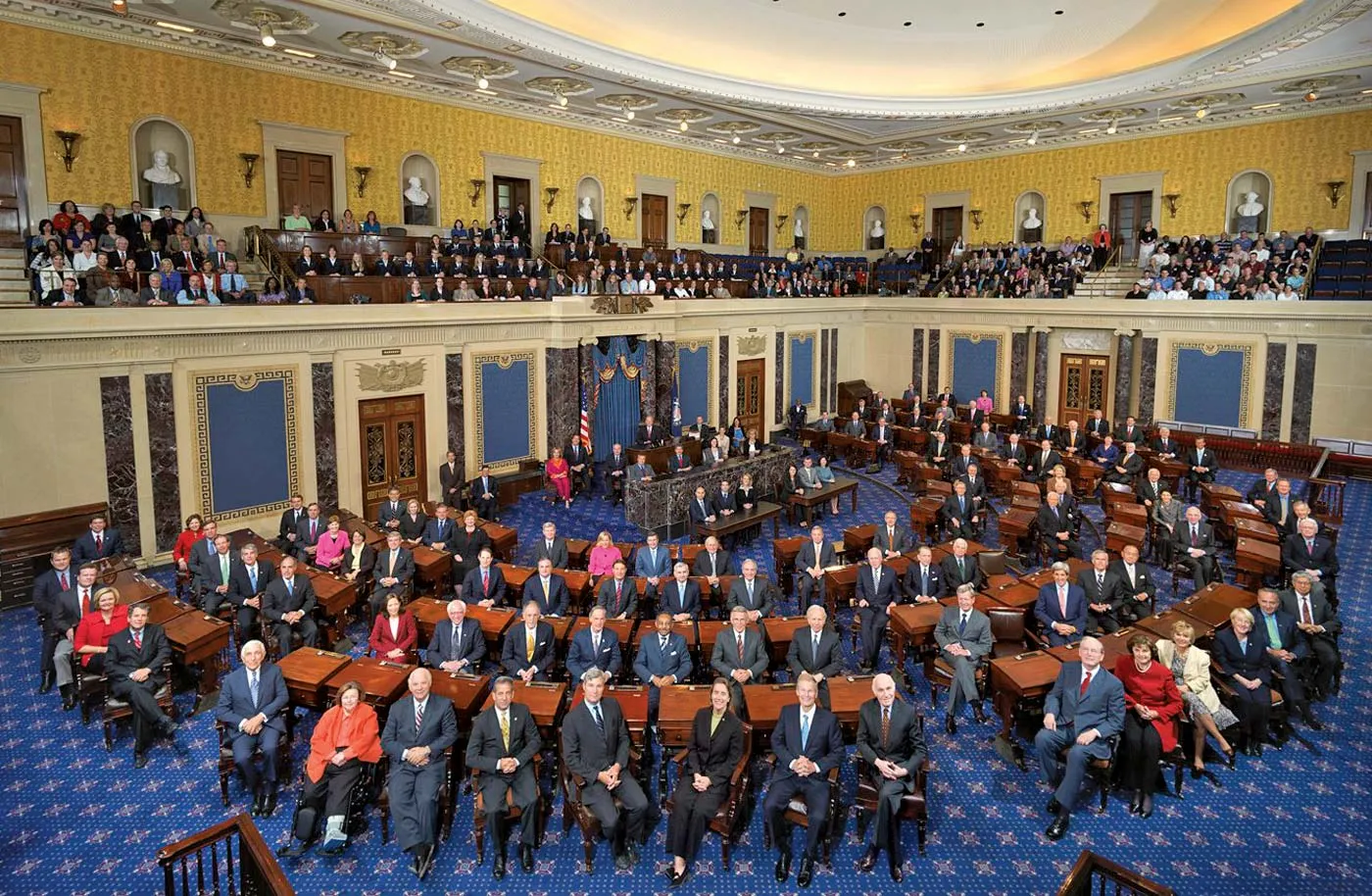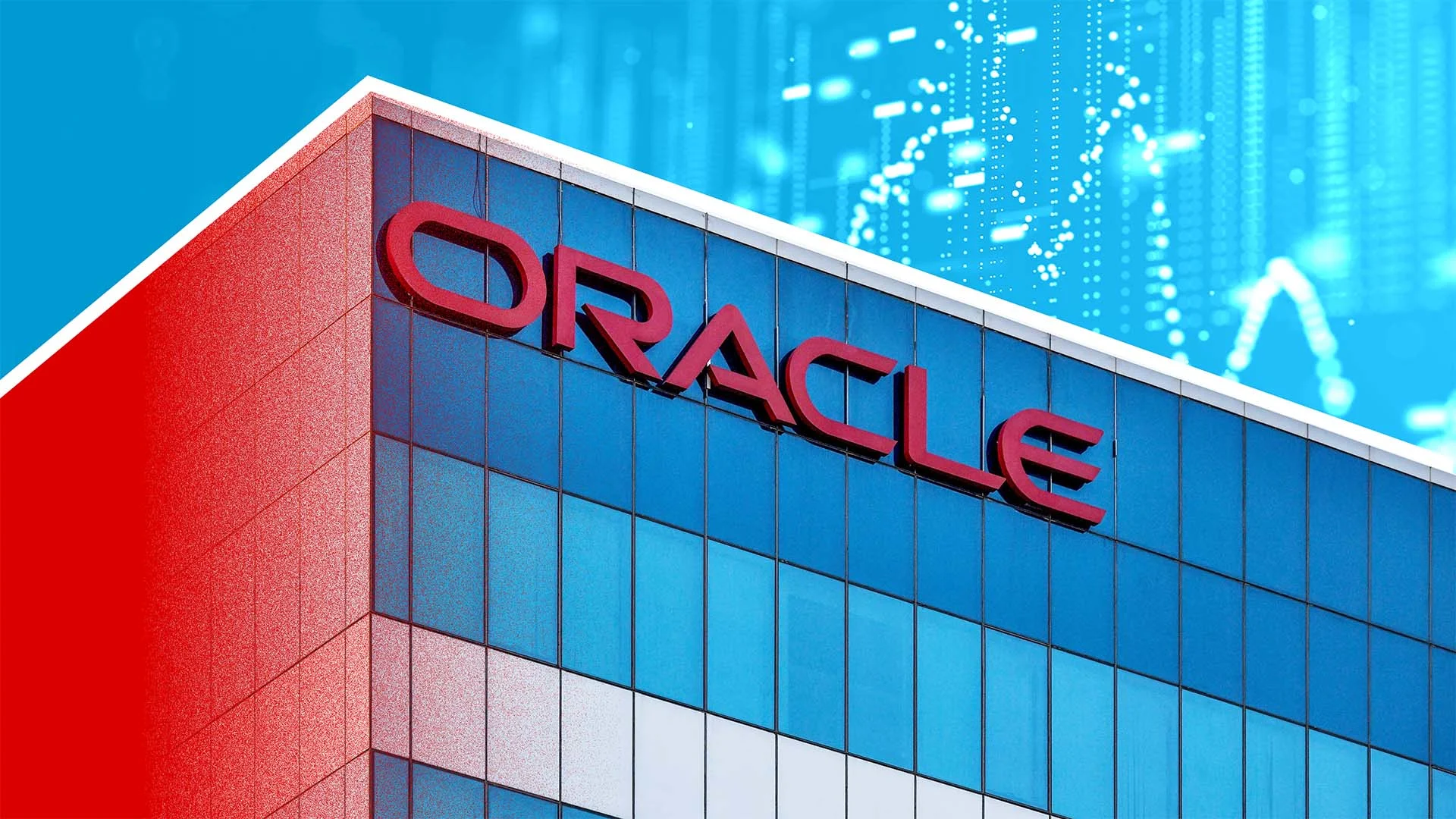The U.S. Senate has passed a new artificial intelligence (AI) amendment that could reshape global technology trade and impact industries from chipmaking to crypto mining.
Lawmakers approved the Guaranteeing Access and Innovation for National Artificial Intelligence Act of 2026, or GAIN Act, as part of the National Defense Authorization Act (NDAA).
The legislation requires chipmakers to prioritize domestic customers before exporting advanced AI and high-performance processors abroad.
Lawmakers Seek to Protect Domestic Supply
The GAIN Act empowers Congress to deny export licenses for the most sophisticated processors and mandates that any product containing an “advanced integrated circuit” receive approval before shipment.
“Over the past several years, US firms have faced regular backlogs in purchasing chips. In late 2024, Nvidia’s Blackwell line was booked out roughly 12 months ahead,” advocacy group Americans for Responsible Innovation said.
Applicants will need to prove that all U.S. orders have been fulfilled before receiving export clearance under the fiscal 2026 NDAA.
Legislative Path Still Uncertain
While the Senate vote marks progress, the amendment still requires approval from the House of Representatives and the president’s signature before becoming law.
Negotiations between the chambers could reshape or remove the GAIN Act’s provisions entirely.
Crypto Mining Industry on Edge
Export restrictions could tighten the supply of hardware essential for crypto mining, a sector already feeling the strain of global trade disruptions.
Industry analysts warn that tariffs and export controls will raise the cost of mining rigs and reduce profitability for operators.
Trump’s tariff measures in April already created turmoil across crypto markets, further complicating the situation for miners who rely on international supply chains.
CleanSpark, a U.S.-based mining firm, faced $185 million in liabilities in July after Customs and Border Protection claimed that some of its hardware shipments originated from China.
Similarly, IREN, another American miner, was hit with a $100 million bill due to reclassified import duties.
Competitive Disadvantages Loom
Rising tariffs could push mining hardware prices down outside the U.S., leaving American miners at a disadvantage and threatening the country’s share of global Bitcoin hashrate.
Analysts warn that this could undermine the Trump administration’s ambition to make the U.S. the world’s crypto mining hub.




